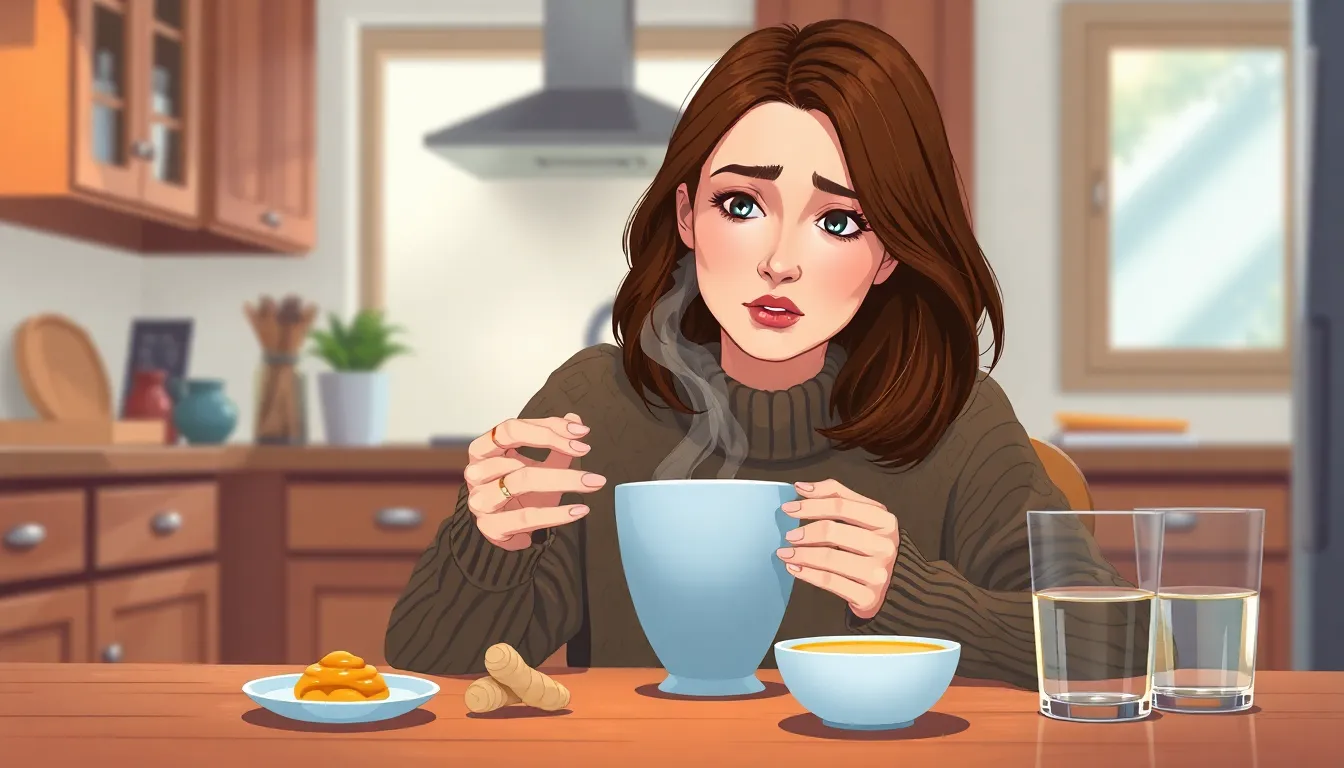When that sudden chill hits and your body feels like it’s auditioning for a role in a winter wonderland, panic can set in. But fear not! Stopping a cold in its tracks isn’t just a dream reserved for superheroes. With the right strategies, anyone can tackle those pesky symptoms before they turn into a full-blown production.
Table of Contents
ToggleUnderstanding Cold Symptoms
Recognizing cold symptoms allows for timely intervention. Understanding these indicators can help manage discomfort effectively.
Types of Colds
Various types of colds exist, each caused by different viruses. Rhinoviruses remain the most common culprits, often leading to symptoms in early fall through spring. Coronaviruses account for another significant portion, commonly associated with mild colds. Other viruses, like adenoviruses and respiratory syncytial virus, can also cause cold-like symptoms. Identifying the type may not change treatment but helps in understanding the frequency and patterns.
Common Symptoms
Several common symptoms characterize a cold. Nasal congestion often leads to difficulty breathing. A runny nose typically accompanies this, providing clear or colored mucus. Sore throats usually emerge early on, causing discomfort. Coughing often develops as mucus drips down the throat, leading to irritation. Fatigue frequently accompanies these symptoms, adding to overall discomfort. While symptoms may vary among individuals, these remain consistently observed across many cases.
Immediate Remedies for Cold

Addressing a cold immediately can alleviate symptoms and promote quicker recovery. Consider these effective methods to tackle discomfort.
Home Remedies
Ginger tea serves as a natural anti-inflammatory and can soothe a sore throat. Honey, a potent throat soother, mixed with warm water enhances the tea’s effectiveness. Steam inhalation may clear nasal passages, providing relief from congestion. Chicken soup contains nutrients that support the immune system while offering comfort. Gargling with salt water can ease throat irritation, helping with pain reduction. Staying hydrated by drinking plenty of fluids ensures optimal function during recovery.
Over-the-Counter Medications
Antihistamines like diphenhydramine relieve runny noses and sneezing caused by colds. Decongestants such as pseudoephedrine reduce nasal swelling, promoting easier breathing. Cough suppressants containing dextromethorphan help control persistent coughs. Pain relievers like ibuprofen reduce fever and alleviate body aches associated with colds. Read labels carefully to avoid combinations that can overwhelm the system. Consulting with a healthcare provider before starting any new medication provides added safety.
Prevention Strategies
Preventing a cold starts with implementing some effective strategies. These actions can reduce the likelihood of getting sick and help maintain overall health.
Hygiene Practices
Maintaining proper hygiene significantly lowers cold transmission. Regular handwashing with soap for at least 20 seconds removes germs effectively. Avoiding close contact with individuals showing symptoms helps minimize risk. Disinfecting commonly touched surfaces like doorknobs or light switches can keep germs at bay. Covering the mouth and nose with a tissue or elbow when sneezing or coughing prevents the spread of viruses. Using hand sanitizer with at least 60% alcohol provides additional protection when soap is unavailable.
Lifestyle Changes
Adopting specific lifestyle changes strengthens the immune system. Prioritizing a balanced diet rich in fruits and vegetables supports overall health; Vitamin C and zinc are particularly essential. Engaging in regular physical activity boosts immunity and enhances overall wellness. Getting adequate sleep each night allows the body to recover and defend against illnesses. Managing stress through techniques such as meditation or yoga can also help protect health. Staying hydrated throughout the day supports immune function and helps flush out toxins.
When to Seek Medical Attention
Recognizing when to seek medical help during a cold is crucial for avoiding complications. Symptoms that persist beyond ten days may indicate a more serious issue. If a high fever exceeds 101.5°F for more than three days, professional evaluation is necessary.
Experiencing difficulty breathing or shortness of breath can signal an urgent condition. Severe headaches or facial pain, particularly around the sinuses, warrant a doctor’s visit. If throat pain intensifies or swallowing becomes difficult, it’s important to consult a healthcare provider.
Individuals with pre-existing health conditions, such as asthma or diabetes, should be cautious. Any new or unusual symptoms, like a rash or chest pain, should never be ignored. Persistent coughing that disrupts daily activities may also require medical assessment.
Seeking medical assistance quickly can provide peace of mind and prevent further health issues. With timely intervention, effective treatment options can be implemented to ensure recovery and alleviate cold symptoms efficiently.
Taking swift action against a cold can make all the difference in recovery. By implementing effective remedies and prioritizing preventive measures individuals can significantly reduce the severity and duration of their symptoms. Staying aware of one’s health and recognizing when to seek medical attention is crucial for ensuring a smooth recovery.
With a proactive approach that includes proper hygiene and lifestyle choices, it’s possible to maintain overall well-being and minimize the risk of future colds. Empowering oneself with knowledge and strategies creates a strong foundation for better health.





